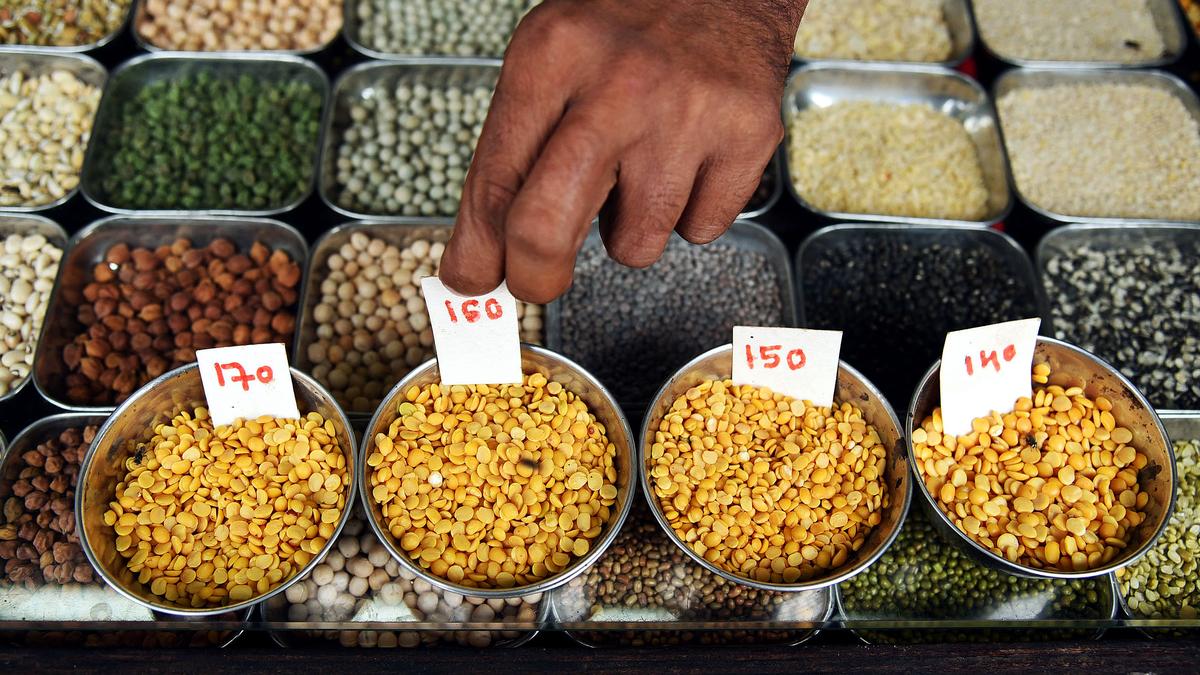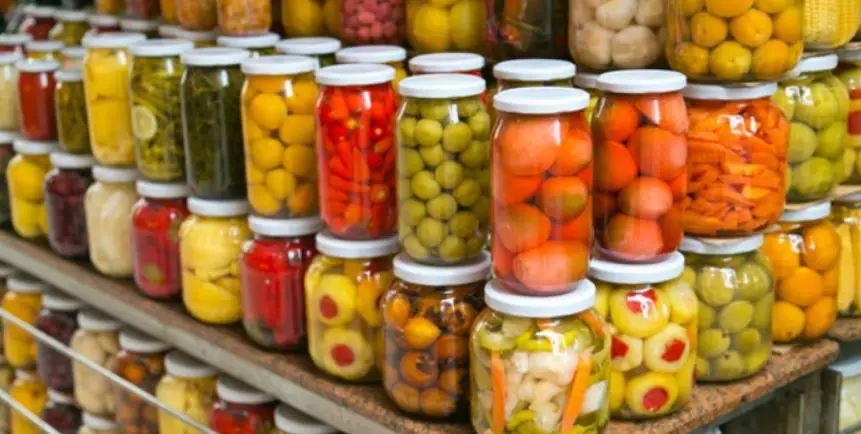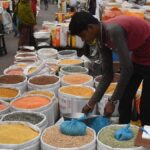Government Imposes Stock Limits on Tur and Chana Dals to Control Prices
Introduction:
The government recently imposed stock limits on tur and chana dals in order to prevent hoarding, speculation, and to improve affordability for consumers. This move comes as part of a series of measures taken to regulate the prices of essential commodities.
Imposition of Stock Limits:
The Centre has issued an order imposing stock limits on wholesalers, retailers, chain retailers, millers, and importers for tur and chana dals. These stock limits will be in effect until September 30, 2024. The aim is to prevent hoarding and ensure fair pricing for consumers.
Specific Limits:
Under the new order, specific stock limits have been prescribed for each category of entities. Wholesalers are allowed to stock up to 200 tonnes of tur and chana, while retailers can hold up to 5 tonnes at each outlet. Big chain retailers can stock up to 200 tonnes at their depot. Millers are allowed to hold the last 3 months of production or 25% of their annual installed capacity, whichever is higher.
Importers are also subject to restrictions, as they are not allowed to hold imported stock beyond 45 days from the date of customs clearance. Legal entities are required to declare their stock positions on the Department of Consumer Affairs portal. If stocks exceed the prescribed limits, they must bring them down by July 12, 2024.
Government’s Efforts:
The government has been taking proactive steps to monitor the stock positions of pulses through the stock disclosure portal. In addition to enforcing mandatory stock disclosures, officials have conducted visits to major pulses-producing states and trading hubs to ensure compliance.
Furthermore, the reduction of import duty on desi chana is expected to boost domestic production. This, along with increased sowing of Kharif pulses like tur and urad due to favorable monsoon predictions, is likely to bring down prices in the coming months.
Future Outlook:
The government anticipates that imports of tur from East African countries and the arrival of new chana crops from Australia will help maintain availability and affordability for consumers. These factors, combined with higher production estimates, are expected to contribute to price stability in the market.
Conclusion:
The imposition of stock limits on tur and chana dals is a strategic move by the government to curb hoarding, speculation, and ensure fair pricing for consumers. By taking proactive measures and closely monitoring the stock positions of essential commodities, the government aims to create a more equitable and affordable market environment.











